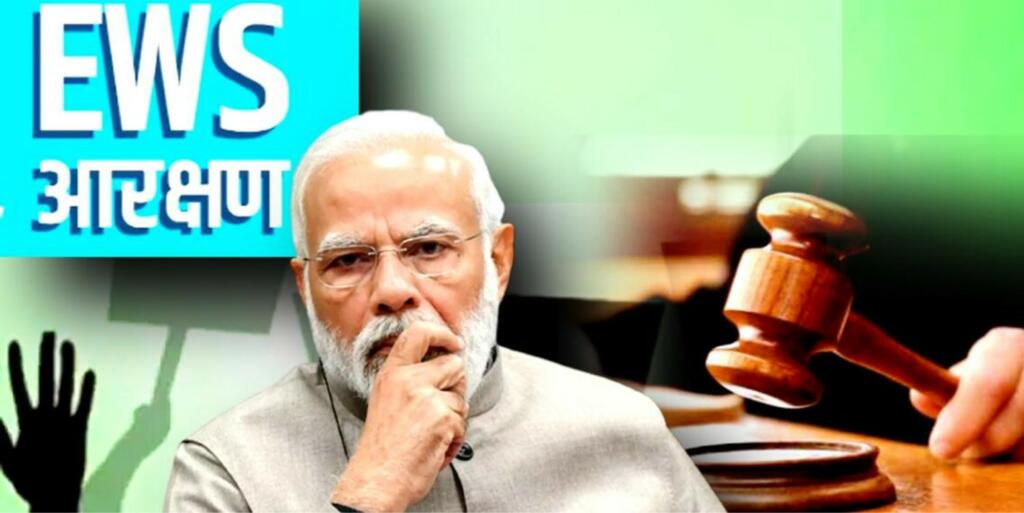EWS reservation: Inequality has been a problem for India for a long time. Former Minister of Law and Justice of India, Dr. Bhimrao Ambedkar introduced the reservation in educational institutes and government jobs in India for Scheduled Castes (SCs) and Scheduled Tribes (STs) to counter this inequality. Initially, it was introduced 10 years, which was very useful. But people misused it and that has continued till today.
Reservation was a necessity at that time because decidedly there was educational, social and economic inequality that existed in the country. But as time passed, not only SCs and STs but other castes got included in the list of reservations by the government.
Now the government is introducing the Economical Weaker Section (EWS) reservation. This enables people from the general category (yearly income less than 8 lacs) to also avail benefits of the reservation.
Bottlenecks in the EWS reservation limit
Recently, a DMK party worker moved the Madurai Bench of the Madras High Court. He filed a petition stressing that the government collects tax from individuals earning more than Rs 2.50 lakh annually. He alleged that it is a clear violation of Fundamental Rights. To make his point, he explained that a person can avail of the EWS benefits even if the person is earning up to Rs 7,99,999 annually but has to file income tax.
According to a survey, the average income of a family of 4.2 members is around RS 23,000 per month. According to the World Bank average GDP per capita in PPP terms is around 2278 USD which is roughly Rs 1.8 lakh. The corresponding Periodic Labour Force Survey in years 2017-18, 2018-19 and 2019-20 highlights the extent of financial inequality in the nation. This survey shows that the top 10% earn approximately equal to the bottom 64%.
Also Read: Reservation for all is reservation for none, that’s the direction we seem to be moving in
The arbitrary limit of 8 lakhs for EWS reservation has its flaws and bottlenecks. The limit will not hold water if we properly analyse the stratification in the annual average income of Indian households. As per several reports, an average Indian household earns around Rs 2.5 lakh – Rs 3 lakh. Reportedly, a family earning more than Rs 25,000 monthly (3 lakhs) enters the creamy layer of India’s top 10%.
This means that these families have decent resources to lead a dignified life. Having an 8 lakh limit for EWS reservations, which is almost three times the average annual earning of Indian families, defeats the intended purpose. It allows the slightly well-off families to eat up the chances that should have been reserved for those families that really need it and can’t afford it otherwise.
Inequality is an emotive issue
In India, there are different types of inequality that are multidimensional be it by birth or due to economic disparity. For political constraints, no one can easily remove the reservation on caste lines. Society cannot ask this of the government as the intended outcomes have not been achieved yet and discrimination is still prevalent in some form or other in some parts of the country.
But with positive steps and relentless awareness campaigns, we have been successful in removing the menace of caste discrimination to a large extent. Hence, it needs drastic reform and should be rationalised regularly. Contrary to that, economic disparity is fast replacing previous forms of discrimination.
The Government’s introduction of the EWS Reservation caters to this nicely. But good intentions do also need good implementation. It should ponder over the fact that equal push to all will take us nowhere. What it should rather focus on is a calibrated, judicious and differentiated push that takes into consideration income classifications.
Support TFI:
Support us to strengthen the ‘Right’ ideology of cultural nationalism by purchasing the best quality garments from TFI-STORE.COM
